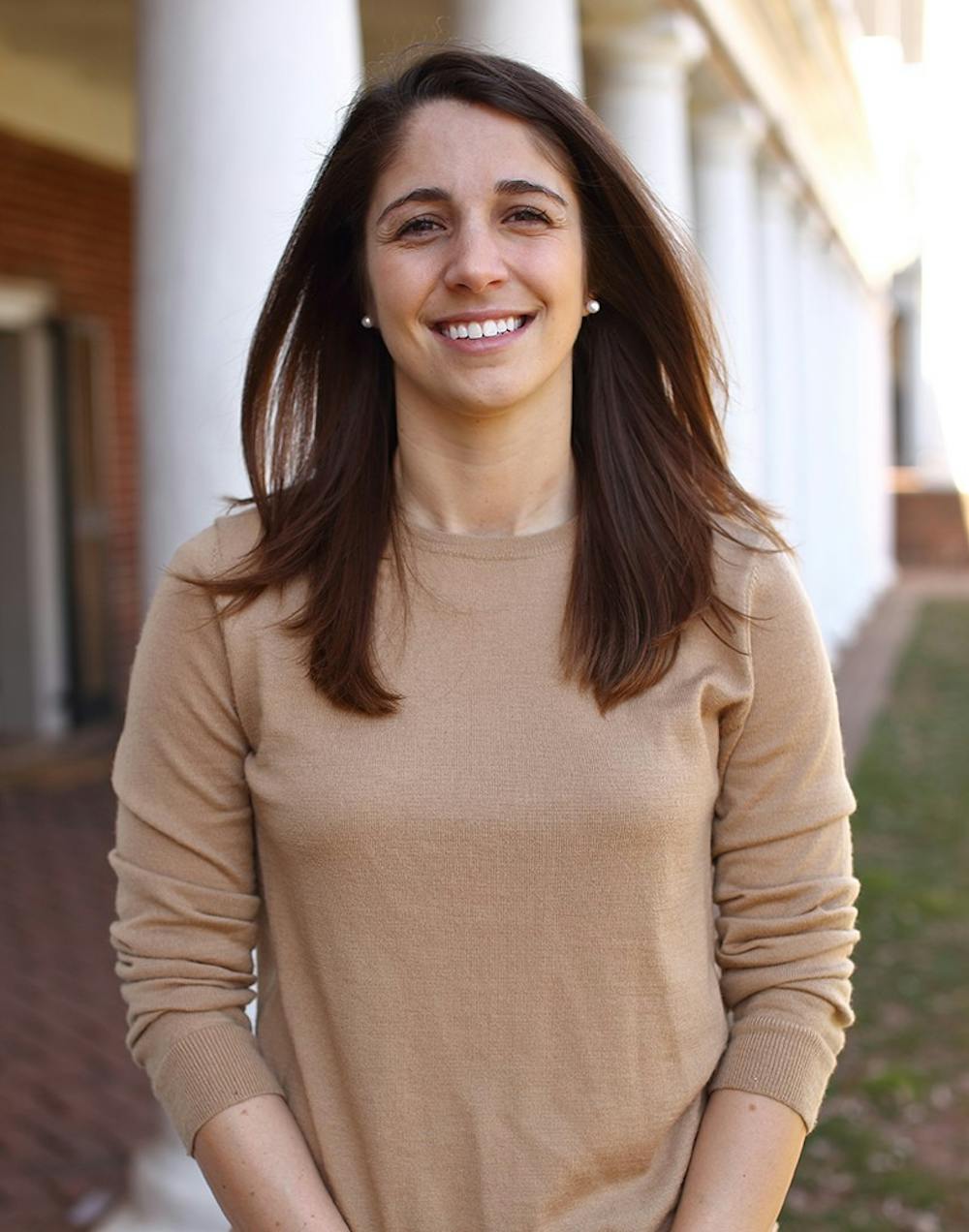Student Council heard a presentation from Phoebe Willis, a third-year Law and Darden student and student member of the Board of Visitors, in its first meeting of the new semester Tuesday.
Willis began the meeting by presenting updates from the Board on proposed changes to the University’s funding and financial aid programs. She also presented information on the Strategic Investment Fund and the search committee for University President Teresa Sullivan’s replacement.
“There are two big updates on SIF,” Willis explained.
First, the University is planning to set up an endowment of up to $300 million for student scholarships. The Board approved the Bicentennial Scholars Fund in December.
“They’re looking to try to create a permanent endowment for financial aid so that it is no longer reliant on tuition,” Willis said. “I think they’re expecting 10 to 15 years to fully fund the endowment, but this is the start of it.”
The second initiative — the Cornerstone Grant — will expand the University’s financial aid options for middle-income families.
The grant would offer eligible middle-income first and second-year students a grant of $2,000 toward their tuition, and a grant of $1,000 for eligible third-year students.
“The idea there was that the AccessU.Va. program is very strong for lower-income students, and so they were trying to tackle middle-income students, which was defined as $50,000 to $125,000 [in annual income],” Willis said.
Willis then presented statistics about the current allocation of funds under the SIF, emphasizing a focus on financial aid. So far, a total of $115 million has been allocated from the SIF for the “access and affordability” pillar of the fund.
“The most amount of money right now has been given to access and affordability,” Willis said.
Willis also shared information on the presidential search committee being organized to find a new University president to succeed Sullivan, who recently announced she will be stepping down when her contract expires in 2018.
“I’ve gotten a couple emails about the presidential search process,” she said. “[Sullivan] has asked the Board of Visitors to create a search committee to find the new president.”
Several students, Willis said, have asked her about whether Sullivan’s early announcement of her resignation and her creation of the presidential search committee are normally part of the transition between presidents.
Willis said Sullivan’s predecessor, John T. Casteen III, followed a similar procedure when he retired in 2010.
“John Casteen … sent out an email to all the students 13 months before his retirement,” she said. “At the time that he did it, he wanted to give enough time so that the search committee could focus on the quality of the candidates and not be time crunched.”
Willis also said she has been asked by students about student involvement in the search process.
“I’ve been told that there will be at least one — but hopefully a few — students on the search committee,” Willis said.
Willis said the search committee would be conducting focus group research during the spring semester to find out what students are looking for in their new president.
“There will definitely be a good bit of student involvement in the process,” she said.







